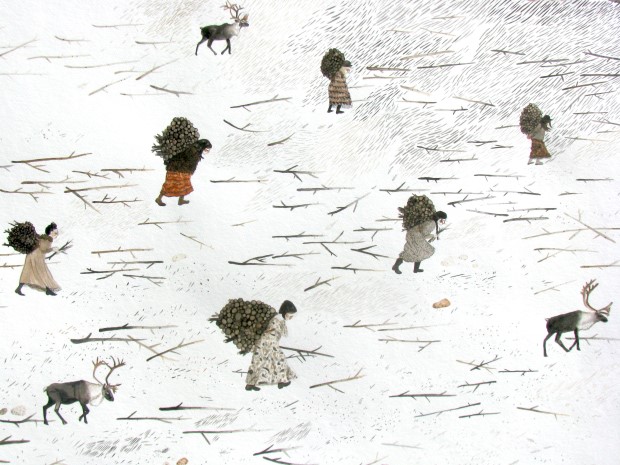What is most dangerous about the diagnostic of postpartum depression is the psychologization of social struggle—the isolation of the individual from a collective experience. The dominant culture around postpartum depression moralizes a political problem, approaching what should be a site of shared critique and resistance as a form of competitive self-discipline.
Although the diagnosis of postpartum can feel liberating—providing a relief from self-blame in the form of a psychological disorder—it also imposes a set of challenges to the mother’s self-discipline. In terms of treatment for postpartum depression, the AAP suggests exercise and the help of a licensed mental health provider, and they advise mothers to “try not to worry about unimportant tasks—be realistic about what you can really do,” to “cut down on less important responsibilities,” and to “get as much sleep or rest as you can even if you have to ask for more help with the baby.” Successful treatment is a measurement of class but is coded as a matter of personal responsibility. The advice for self-management directly contradicts the instructions for the devoted breastfeeder; women are at once told to be “perfect” labourers, endlessly breastfeeding, but are also instructed to take care of themselves, to relax from the work of mothering. The solution for one set of “problems” produces a new failure to overcome. The regimen of self-care is nothing but an instrument of self-blame.
The disciplining of the postpartum experience reduces conditions of labour to a matter of individual habit and lifestyle. This disciplining must be understood as masculinizing the conditions of feminization. While describing the feminized, unwaged, immaterialized forms of labour integral to “motherhood,” the cultural discourse of postpartum depression compels the masculinist, competitive, individuating forms of sociality structural to capitalism.
Read More | "Theses on Postpartum" | Madeline Lane-McKinley and Marija Cetinic | GUTS
